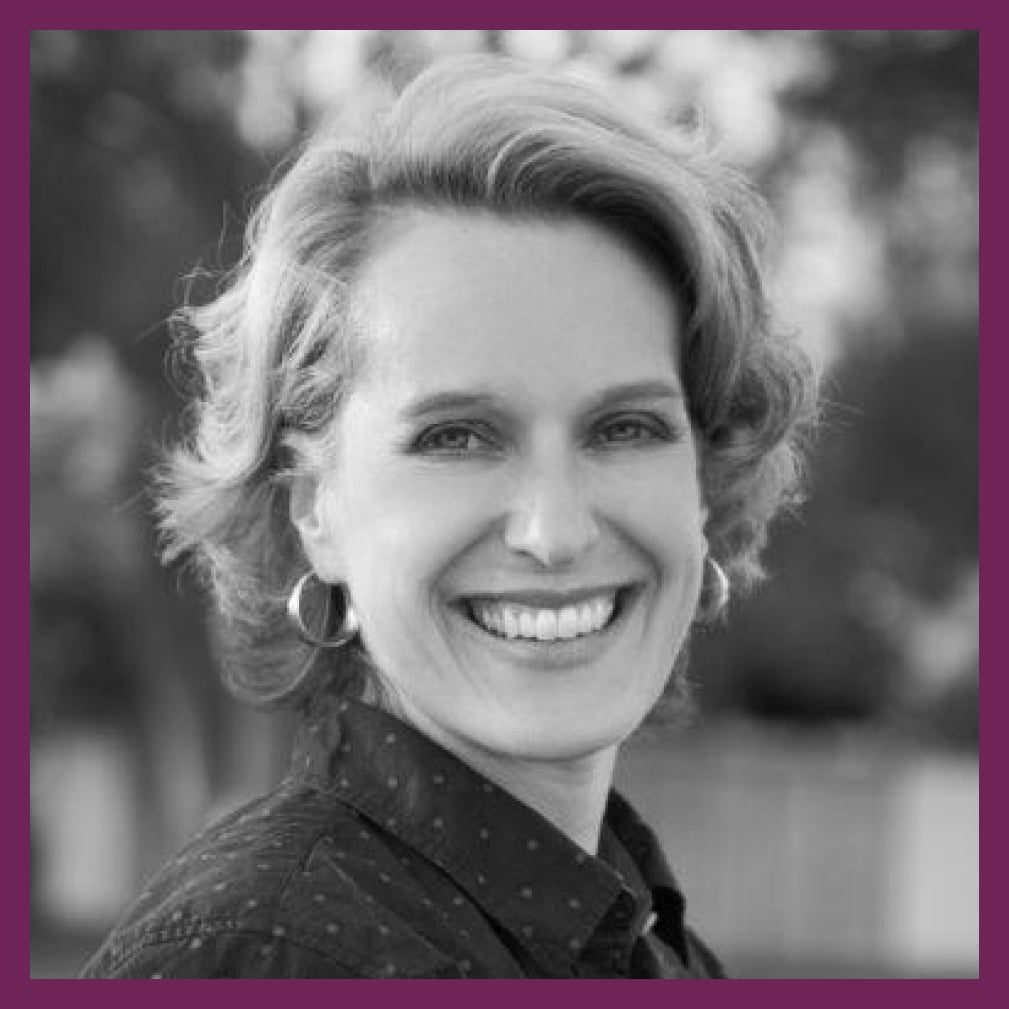It makes sense that Jennifer is an education specialist because she is an exceptionally inquisitive person—she is a high-level expert on hematology, but she never stops asking questions, learning new skills and finding better ways of providing care. Her colleagues admire her depth of knowledge, her drive to improve, and her willingness to collaborate.
Never content with the status quo, Jennifer is in the midst of completing a certificate program in palliative care, and she is bringing her new knowledge to her work at City of Hope. For instance, she has volunteered to be part of a new Three Wishes program launch, in which she will study the impact of granting three wishes to patients approaching the end of life. She has also used her new expertise in palliative care to design interactive workshops on the subject, including role-play training to teach nurses how to have difficult conversations about end-of-life care.
When Jennifer has a question, she doesn’t stop until she has an evidence-based answer. She wondered if it was safe to use implanted ports for cell transplantation. The standard was not to use those ports for transplant therapy, but there didn’t seem to be a rationale for that in the existing research literature. Jennifer is aware that sometimes standard practices are a matter of tradition, not evidence—so she decided to find out. Along with a colleague, she designed a study that used retrospective chart review to find out if there was a difference in safety between using the ports and not using them. She found that implanted ports seem to be safe for this therapy, and now more study can be done. This will potentially change standards of care, and Jennifer will be presenting her research at an international conference where she will share the findings with cancer centers from around the globe. This is the power of a nurse who never stops asking questions and sharing what she knows.



